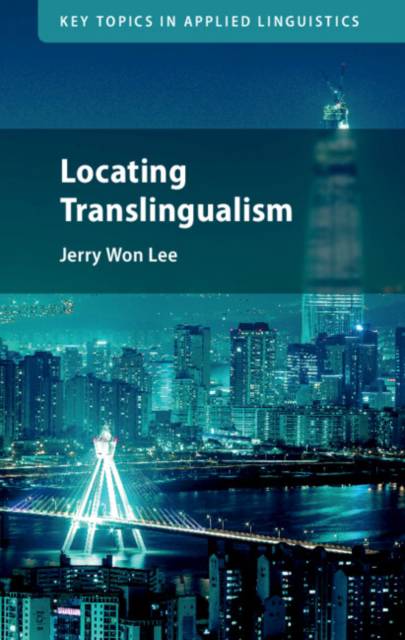
- Afhalen na 1 uur in een winkel met voorraad
- Gratis thuislevering in België vanaf € 30
- Ruim aanbod met 7 miljoen producten
- Afhalen na 1 uur in een winkel met voorraad
- Gratis thuislevering in België vanaf € 30
- Ruim aanbod met 7 miljoen producten
Zoeken
€ 129,95
+ 259 punten
Uitvoering
Omschrijving
Encounters involving different cultures and languages are increasingly the norm in the era of globalization. While considerable attention has been paid to how languages and cultures transform in the era of globalization, their characteristic features prior to transformation are frequently taken for granted. This pioneering book argues that globalization offers an unprecedented opportunity to revisit fundamental assumptions about what distinguishes languages and cultures from each other in the first place. It takes the case of global Korea, showing how the notion of 'culture' is both represented but also reinvented in public space, with examples from numerous sites across Korea and Koreatowns around the world. It is not merely about locating spaces where translingualism happens but also about exploring the various ways in which linguistic and cultural difference come to be located via translingualism. It will appeal to anyone interested in the globalization of language and culture.
Specificaties
Betrokkenen
- Auteur(s):
- Uitgeverij:
Inhoud
- Aantal bladzijden:
- 218
- Taal:
- Engels
- Reeks:
Eigenschappen
- Productcode (EAN):
- 9781009100106
- Verschijningsdatum:
- 7/07/2022
- Uitvoering:
- Hardcover
- Formaat:
- Genaaid
- Afmetingen:
- 150 mm x 224 mm
- Gewicht:
- 381 g

Alleen bij Standaard Boekhandel
+ 259 punten op je klantenkaart van Standaard Boekhandel
Beoordelingen
We publiceren alleen reviews die voldoen aan de voorwaarden voor reviews. Bekijk onze voorwaarden voor reviews.











